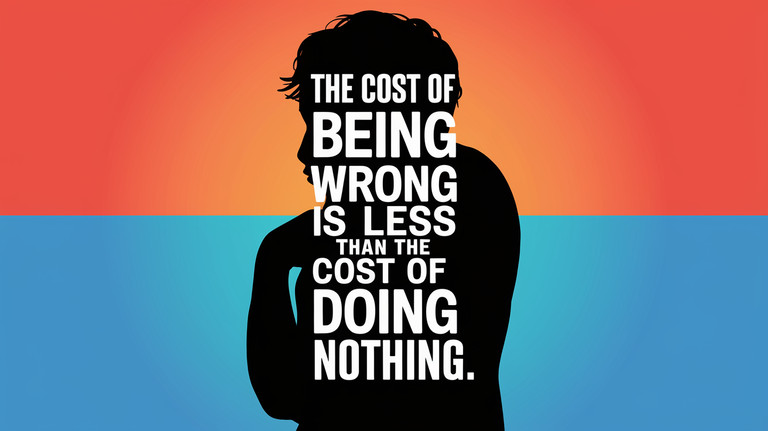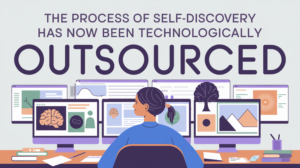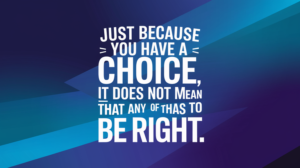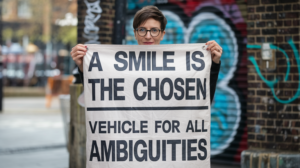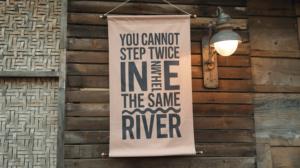The Price of Inaction: Embracing the Necessity of Calculated Risks
“The cost of being wrong is less than the cost of doing nothing.” This simple yet powerful statement encapsulates a profound truth that resonates across various facets of human existence. In a world that is constantly evolving and presenting new challenges, the fear of making mistakes can often paralyze us into inaction. However, as this adage suggests, the consequences of passivity can far outweigh the potential repercussions of taking a wrong step.
In the realm of individual growth and development, the fear of failure can often prevent us from stepping outside our comfort zones and pursuing our dreams. We may hesitate to take risks, fearing the embarrassment or disappointment that may accompany a misstep. However, by remaining stagnant, we deny ourselves the opportunity to learn, grow, and achieve our full potential. It is through trial and error, through making mistakes and learning from them, that we develop resilience, adaptability, and the wisdom to navigate the complexities of life.
In the realm of innovation and progress, the fear of being wrong can stifle creativity and hinder advancements. Breakthroughs and discoveries often emerge from a willingness to challenge conventional wisdom, explore uncharted territories, and experiment with new ideas. If scientists, inventors, and entrepreneurs were afraid to venture into the unknown, fearing the possibility of failure, many of the technological marvels and scientific breakthroughs that have shaped our world would never have come to fruition.
In the realm of social and political change, the cost of doing nothing can be measured in lost opportunities, perpetuated injustices, and a stagnant society. If individuals and communities remain silent in the face of inequality, oppression, or environmental degradation, the status quo will persist, and the potential for positive change will remain unrealized. It is through active engagement, even if it entails making mistakes or facing setbacks, that we can challenge existing power structures, advocate for justice, and create a more equitable and sustainable world.
The cost of being wrong, while not insignificant, can often be mitigated through careful planning, risk assessment, and a willingness to learn from mistakes. By acknowledging the possibility of error and taking steps to minimize its impact, we can embrace a mindset of calculated risk-taking. Moreover, the lessons learned from mistakes can often prove to be invaluable, providing insights and guiding us towards more informed decisions and actions in the future.
In contrast, the cost of doing nothing is often insidious and far-reaching. It can lead to missed opportunities, unrealized potential, and a sense of regret. Inaction can allow problems to fester and worsen, creating a ripple effect that impacts not only individuals but also communities and societies as a whole. Furthermore, the moral cost of doing nothing in the face of injustice or suffering can weigh heavily on our conscience, leaving a lasting stain on our collective humanity.
In conclusion, the adage “the cost of being wrong is less than the cost of doing nothing” serves as a powerful reminder that action, even if imperfect, is often preferable to passivity. By embracing a mindset of calculated risk-taking, learning from our mistakes, and actively engaging with the world around us, we can unlock our full potential, contribute to positive change, and create a more fulfilling and meaningful life. The fear of being wrong should not paralyze us into inaction; instead, it should motivate us to strive for progress, even if it means stumbling along the way.
